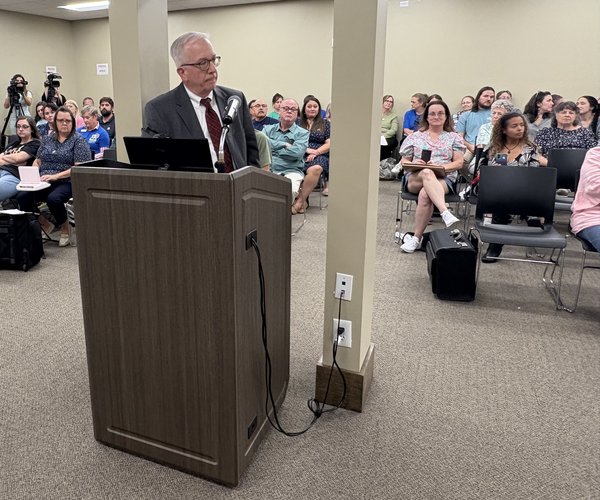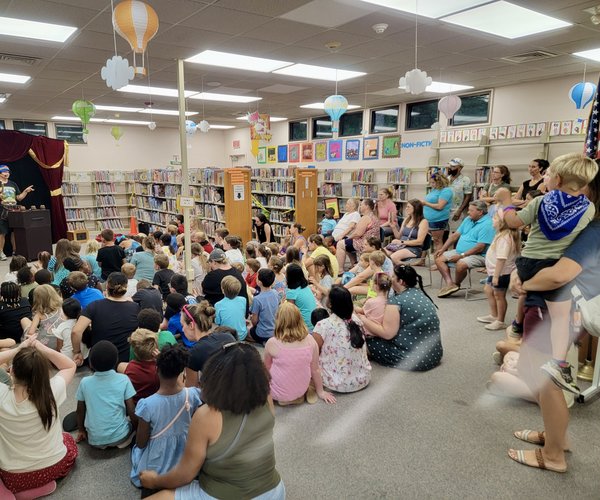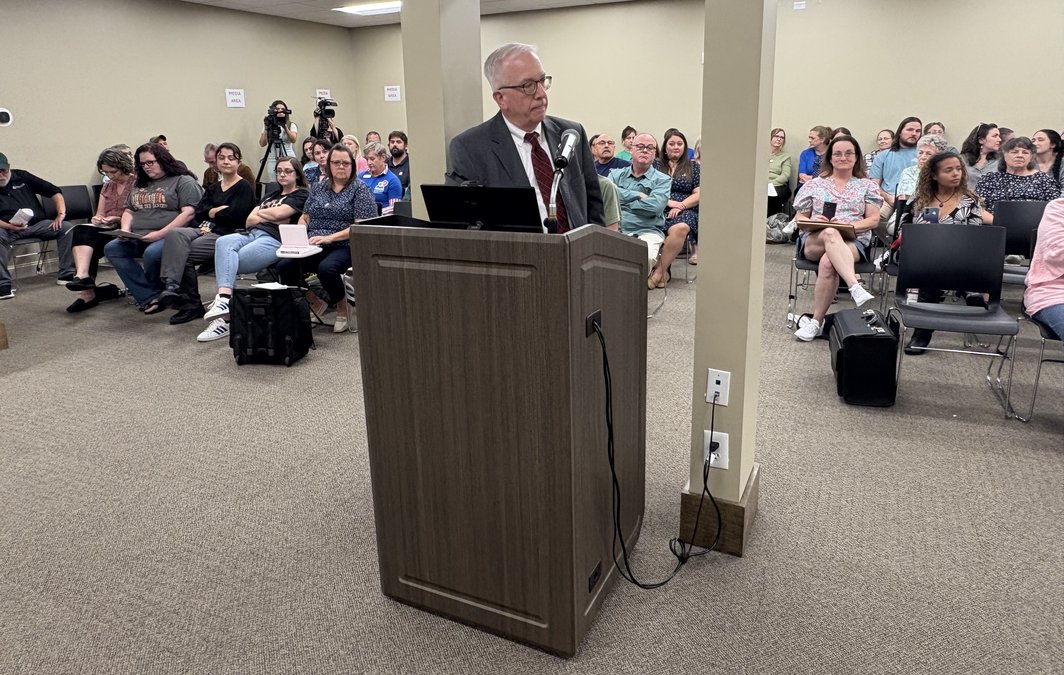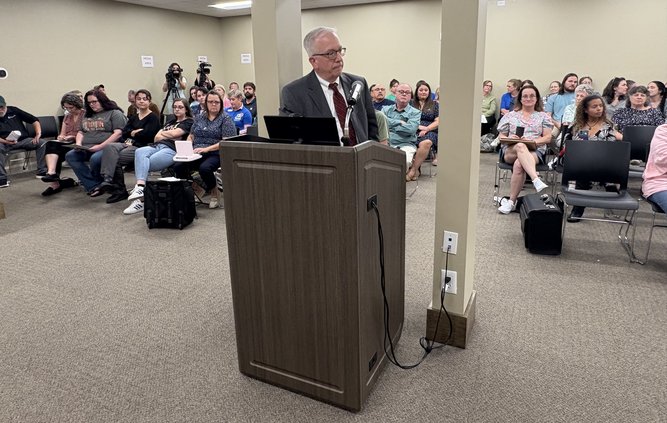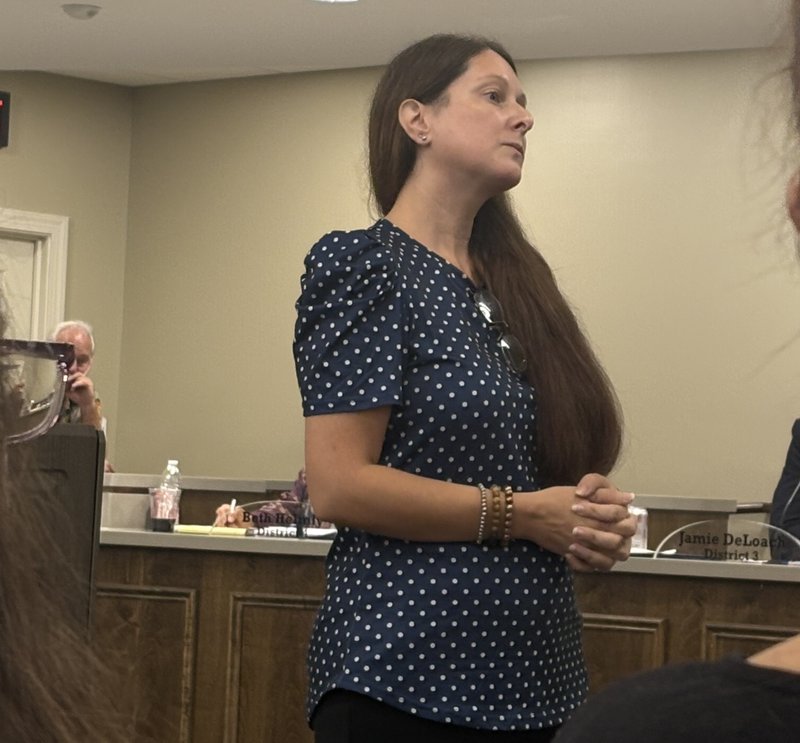Georgia Power on Thursday filed its 2019 Integrated Resource Plan (IRP) with the Georgia Public Service Commission (PSC). The company files an IRP every three years to outline how it will continue to deliver clean, safe, reliable and affordable energy to its 2.5 million customers over the next 20 years.
The 2019 plan is a result of the in-depth IRP process, which includes projections of future fuel costs, load and energy forecasts, an analysis of available generation technologies, the 10-year transmission plan, and an economic assessment of potential and proposed energy efficiency and demand response programs. The company also evaluates the cost-effectiveness of its generating resources given changing environmental regulations and emerging technologies and discusses the growing importance of resilience to the electric system.
“At Georgia Power, we are committed to making smart investments for Georgia’s energy future while ensuring our customers have the clean, safe, reliable and affordable energy they expect and deserve,” said Allen Reaves, senior vice president and senior production officer, Georgia Power. “Working with the Georgia Public Service Commission, we have invested in a diverse energy mix of nuclear, natural gas, hydro, renewables, coal and energy efficiency resources in order to maintain high levels of reliability for our customers that have resulted in rates that are 15 percent below the national average.”
As part of the filing, Georgia Power is proposing new renewable energy programs, including a request to approve the procurement of up to 1,000 MW* of new renewable resources. If approved, the company’s total renewable energy capacity would increase to 18 percent of Georgia Power’s already diverse portfolio by 2024.
The 2019 plan also proposes energy efficiency targets similar to those approved in previous IRPs, while adding new, innovative energy-saving programs for both residential and commercial customers. By 2022, these programs are designed to help reduce peak demand approximately 1,600 MW, which is 10 percent of the company’s current peak demand.
The company is emphasizing the importance of resilience in both generation and power delivery planning in recognition of the change in generation resources, availability of new and emerging technologies and related factors in providing reliable, affordable energy to customers.
“As our generation mix evolves toward more natural gas fueled plants and intermittent renewable resources, resilience will grow in importance,” said Reaves. “This IRP discusses considerations that may go into future planning processes.”
Additionally, in its filing, the company is:
· Requesting the decertification of four coal units at Plant Hammond near Rome.
· Requesting the decertification of one coal unit at Plant McIntosh near Rincon in southeast Georgia.
· Seeking approval to issue two Requests for Proposals (RFPs) to explore potential market opportunities for future generation needs.
· Acknowledging the continued economic pressure felt on coal-fired units, including Plant Bowen units 1 and 2 in Cartersville.
· Proposing not to renew its operating licenses for the company’s Langdale and Riverview hydro project dams (representing 0.4 MW of generating resources) located on the Chattahoochee River in west Georgia, initiating a multi-year review process with the Federal Energy Regulatory Commission that includes a request for eventual removal of the dams.
· Seeking approval of the environmental compliance strategy, which includes Georgia Power’s plans to permanently close all of its ash ponds in full compliance with the federal Coal Combustion Residuals (CCR) rule, as well as the more stringent requirements of Georgia’s state CCR rule.
A Georgia Power official said Thursday morning that decertification of the Plant McIntosh unit shouldn't result in the loss of jobs.
The filing initiates a series of additional filings and public hearings with the PSC. Following this process, the PSC is expected to vote on the company’s IRP request this summer.
To learn more about how Georgia Power is meeting the needs of customers through a diverse, balanced energy portfolio, visit www.GeorgiaPower.com.


